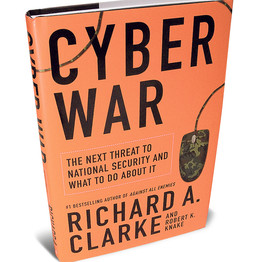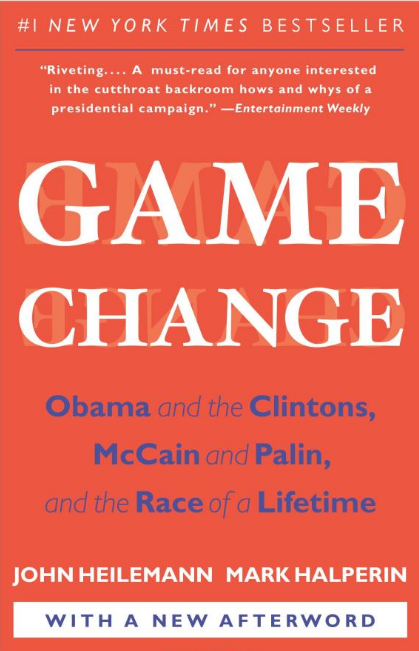
Richard Clarke and coauthor Robert K. Knake have produced a sober-minded analysis of an unglamorous subject. Kinetic warfare, unlike cyber warfare, lends itself to explosive imagery, validates acts of heroism, and is often the subject of dramatic coverage. Reputations are made.
Cyberwarfare, on the other hand, is more deadly in that it can prostrate an economy in 15 minutes and you don’t know who perpetrated the attack or, worse yet, that you do not even know you have been attacked.
“In an age of intercontinental missiles and aircraft, cyberwar moves faster and crosses borders more easily than any form of hostilities in history.” The authors describe in depth the extent to which we have connected our economy – including military defense – to the Internet more than any other nation, yet we are unable to defend it against cyber attack. No wonder coverage of kinetic warfare is so much easier!
Worse than the ability to defend core national economic and security infrastructure is the non-priority of developing a cyberwar strategy. The White House, Congress and those private sector interests most susceptible to cyberattacks share a lack of enthusiasm to develop a viable strategy.
The authors pose a question each of us should ponder: What would life be like in the U.S. with compromised national security infrastructure, i.e., national power grid, air travel, financial institutions, and military communications?
“It is the public, the civilian population of the United States and the publicly-owned corporations that run our key national systems; they are likely to suffer in a cyberwar.” Would we recover core intellectual property stolen during an aggressive 15-minute cyber attack?
This book is a sobering read; one that should prompt each of us to demand that our elected officials make defending the U.S. from cyber attacks a major goal of a cyber war strategy.
Richard A. Clarke served in the White House for four presidents including President Clinton who appointed him as National Coordinator for Security, Infrastructure Protection, and Counterterrorism.
He is a national bestseller author teaching at Harvard University’s Kennedy School of Government, a consultant for ABC News, and chairman of Good Harbor Consulting.
Robert K. Knake is an international affairs fellow at the Council on Foreign Relations who has written on security issues for the Boston Herald, the San Antonio Express-News, and other publications.

